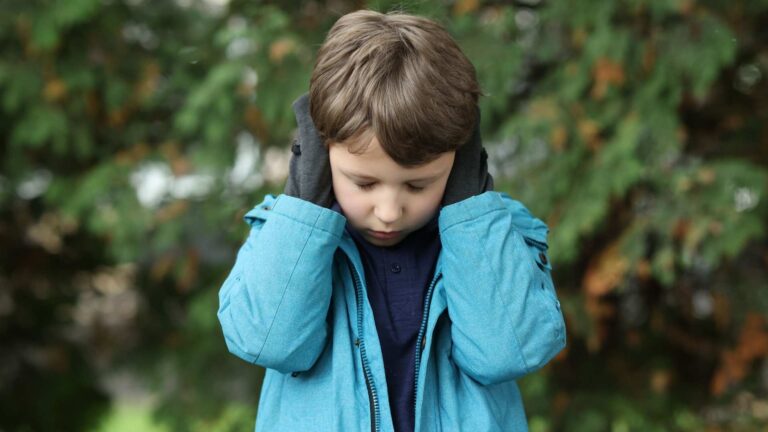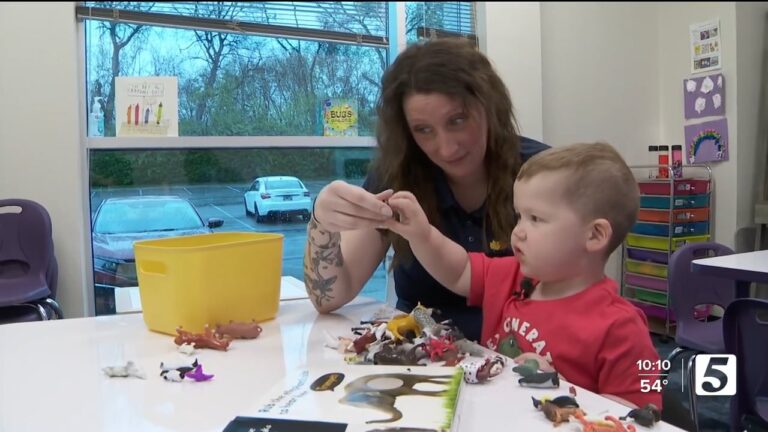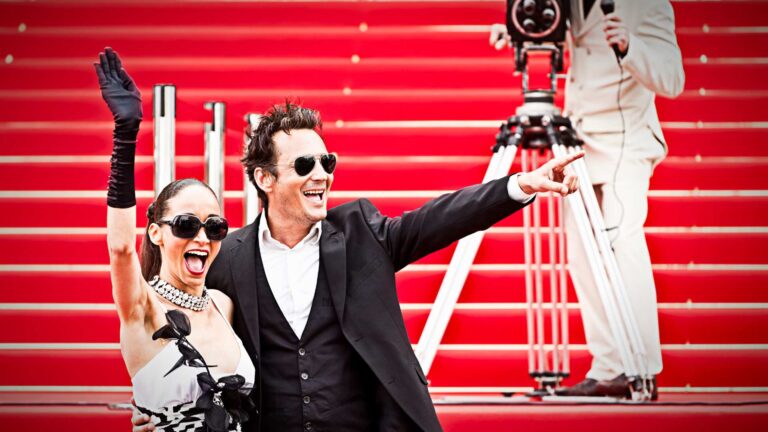Many people speculate that Lionel Messi, a soccer legend and one of the world’s most famous sports personalities, may have autism spectrum disorder (ASD). “Does Lionel Messi have autism?” is one of the top Google searches regarding Messi. Messi’s career often circulates with rumors of autism or Asperger Syndrome, an outdated diagnosis replaced by autism but still used by many people. However, Messi has not confirmed or disclosed a definitive diagnosis, so these rumors are only speculation, and recognizing that is important.
At ABA Centers of Tennessee, one of our top priorities includes the emotional and psychological well-being of those with ASD, not just our clients. The safety of those with autism includes respecting everyone’s privacy and not disclosing personal information without consent or personal disclosure.
Furthermore, with the additional pressure to conform and perform at a certain level in the sports world, outing an athlete as neurodivergent without their consent can add an unnecessary burden to their existing challenges and remove their agency.
In this blog post by ABA Centers of Tennessee, we’ll discuss autism and sports, speculations, and the dangers they pose so we can engage in the hard work necessary to improve outcomes for those experiencing neurodiversity through all aspects of their life.
Autism acceptance helps society move in the right direction. Additionally, it highlights the unique contributions autistic people have brought to the world. While this topic is complex, Lionel Messi’s autism speculation has brought substantial attention to understanding and supporting neurodiversity in sports and beyond while remaining respectful in discussing autism.
Keep reading to learn more about autism and sports, or check with ABA Centers of Tennessee for more information about ABA therapy or autism diagnosis.
Why Do People Suspect Lionel Messi Has Autism?
There is no concrete evidence to suggest that Lionel Messi has autism. It’s critical to recognize that autism presents uniquely in each person with the condition, so the diagnostic process for autism often requires an extensive evaluation before arriving at a clinical conclusion. Some speculate certain traits or behaviors observed in Lionel Messi may be symptoms of autism, like his consuming focus and dedication to soccer, his reserved and introverted nature off the field, or his seemingly repetitive actions during games.
However, it is essential to note that these characteristics can also be present in persons without the condition and do not clinically indicate a potential diagnosis. Without confirmation from Messi himself, any speculation about his autism status is purely conjecture and should never be taken as fact.
Autism in Sports and the Problem with Misconceptions
There is a general misconception that individuals on the autism spectrum are not able to excel in sports or physical activities, which keeps many from being open about their diagnosis. The stereotypes that surround autism can result in exclusion and missed opportunities for individuals on the spectrum who may have an interest and talent in sports.
It is vital to proactively address these harmful misconceptions surrounding autism and sports for many crucial reasons. Despite evidence of the positive impact that sports can have on individuals with autism and the remarkable ways those on the spectrum can contribute to athletics, there is still a prevalent belief that neurodiverse individuals cannot excel in athletics.
This dangerous misconception further perpetuates the stigmatization of autism and sidelines capable, neurodivergent athletes. It’s essential to recognize that individuals with autism have many strengths and can advance across many careers, including sports. By challenging these misconceptions and promoting inclusivity in sports, we can create a more accepting and supportive environment for all athletes, regardless of their neurology.
The good news is many individuals with autism have succeeded in various sports, from soccer and swimming to gymnastics and martial arts. The misconception that autism and athletics are mutually exclusive is an outdated belief that needs addressing. Still, athletes with autism demonstrate that it’s possible to succeed in all kinds of sports.
How Autism Can Make You a Better Athlete
One of the reasons that autism may not be commonly associated with athletes is because some of the traits commonly associated with ASD can include various sensitives and deficits, as presented by the Centers for Disease Control (CDC). Some sports experts may consider these features limiting. However, many traits of autism can be beneficial for sports.
For example, individuals on the spectrum often demonstrate focus and attention to detail, which can be advantageous in sports where precision and concentration are essential. Additionally, repetitive behaviors or interests, which can be common in individuals on the spectrum, can also be channeled into sports and lead to improved performance.
However, it’s also important to acknowledge that autism can present challenges for athletes as well, like difficulties with social interactions and behavioral challenges. Despite these struggles, many athletes with autism have paved the way for increased inclusivity and diversity in sports. Fortunately, the sports community is slowly recognizing and embracing the talent and perspectives individuals with autism can bring to the game.
How ABA Therapy Can Break Stigmas Regarding Autism in Sports
The standard intervention therapy used for individuals on the spectrum is Applied Behavior Analysis, also called ABA therapy. This therapy focuses on teaching and reinforcing positive behaviors and addressing any challenges or limitations that autism can present.
ABA therapy can be particularly beneficial for individuals interested in sports, as it can help them develop crucial skills such as communication, social interactions, and self-regulation. By breaking down stigmas and providing support through ABA therapy, we can create better experiences for individuals with autism in sports.
Talking About Autism and Sports Breaks Barriers
The speculation surrounding Lionel Messi’s possible autism diagnosis has brought attention to the topic of neurodiversity in sports. It is essential to continue this conversation in helpful ways and take action to break down the harmful stigmas surrounding autism and sports.
Autism acceptance serves as a reminder that athletes with ASD are just as talented in their respective sports as any other athlete. By challenging misconceptions, promoting inclusivity, and providing support, we create a more accepting and supportive environment for neurodivergent individuals in sports and beyond.
More About ABA Centers of Tennessee
ABA Centers of Tennessee helps children and teenagers with autism through ABA therapy and autism diagnostic services to enhance their daily lives. ABA therapy proves to be an effective and scientifically validated treatment for those who are on the autism spectrum, allowing individuals to work on social interaction, communication, and independence.
Our expert ABA team is passionate about breaking down stigmas and promoting inclusivity for individuals with ASD so they can reach their full potential and participate in the things they love!
As sports fans in Tennessee, we understand the importance of embracing diversity and celebrating everyone’s abilities, like athletes! So, join our team, and let’s make a difference together!
Call us at (844) 423-9483 or contact us here to learn more about our autism services.






